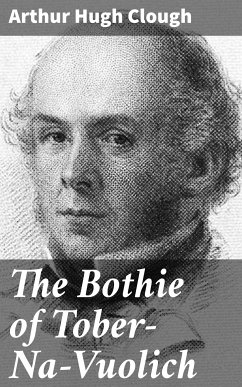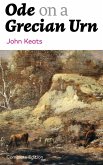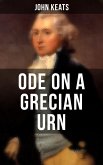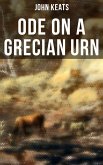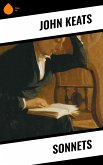In "The Bothie of Tober-Na-Vuolich," Arthur Hugh Clough presents a unique narrative that masterfully intertwines prose and verse, encapsulating the spirit of the early Victorian era. Set against the backdrop of the Scottish Highlands, Clough's poem explores themes of companionship, idealism, and the dichotomy between rustic tradition and modernity. His literary style is notable for its conversational tone, vivid imagery, and philosophical inquiries, making the poem both accessible and profound. Clough utilizes his deep appreciation for nature and human connection to weave a rich tapestry of social commentary, reflecting the aesthetic and moral dilemmas of his time. Arthur Hugh Clough, an influential figure in 19th-century English literature, was steeped in the milieu of Oxford intellectualism and Unitarian ideals. His experiences as a teacher and his engagement with the social and political debates of his day profoundly shaped his worldview and informed his literary pursuits. Clough's acquaintances with prominent literary figures, including Matthew Arnold and Tennyson, further enriched his perspective and contributed to his evolving poetic voice. Readers who seek an exploration of relational dynamics amidst the majestic scenery of Scotland will find "The Bothie of Tober-Na-Vuolich" both enlightening and evocative. Clough'Äôs work invites reflection on the complexities of friendship and identity, positioning it as a significant contribution to the canon of romantic and philosophical poetry worthy of critical engagement.
Dieser Download kann aus rechtlichen Gründen nur mit Rechnungsadresse in A, B, BG, CY, CZ, D, DK, EW, E, FIN, F, GR, H, IRL, I, LT, L, LR, M, NL, PL, P, R, S, SLO, SK ausgeliefert werden.

